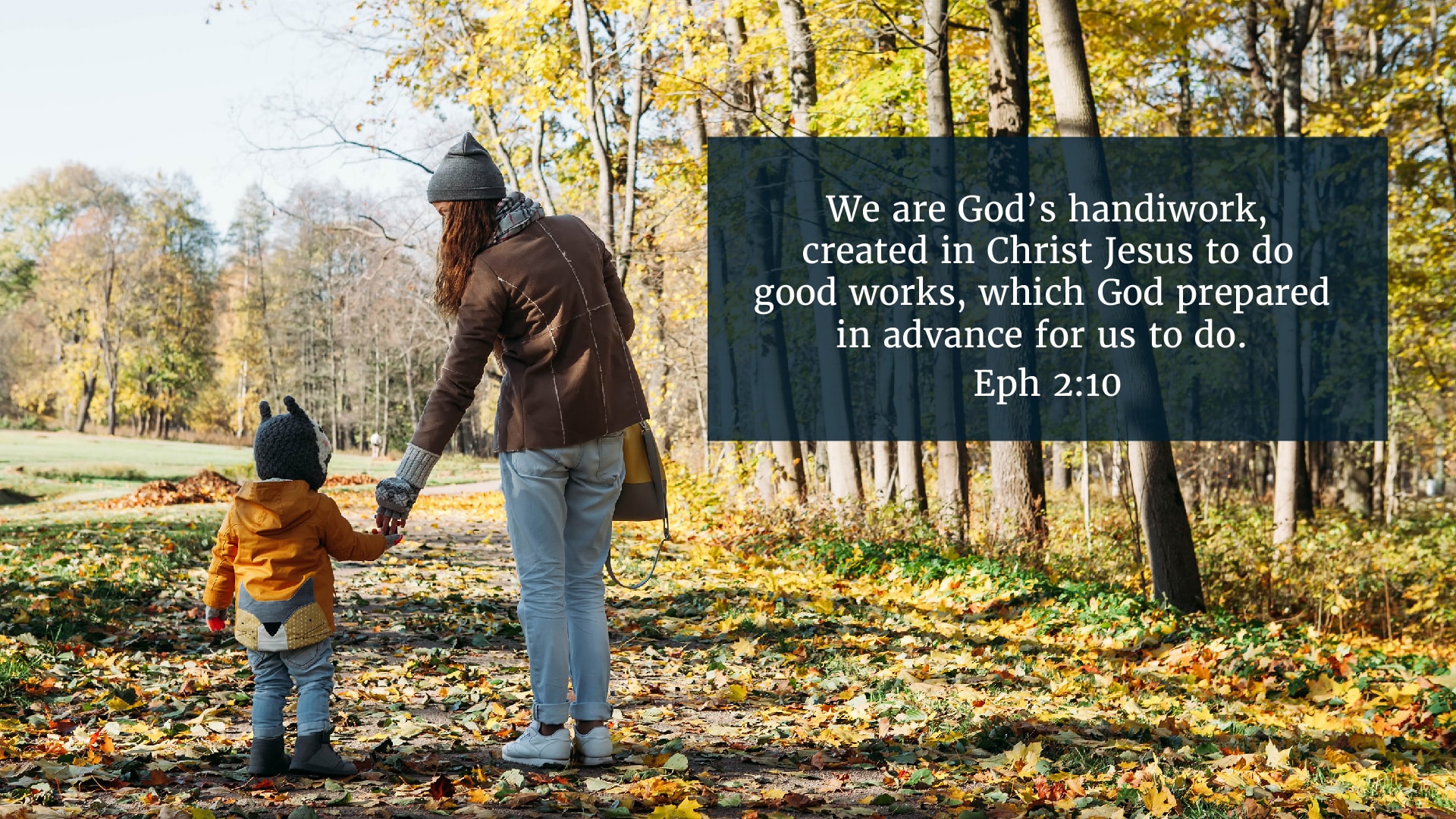Calling
“I remember the call.” My friend Martie smiles with her entire body. I lean in to hear every word of her extraordinary story. As if the moment has just passed, she relays the details of leaving her job in corporate America to respond to the Lord’s call to ministry. As she concludes her story, she gives glory to God, and I feel the familiar sting in the corner of my eyes.
In the early 2000s, Chris Rice penned the song Smell the Color Nine. Twenty years later, my playlist has this song on repeat.
He sings:
Now, I’ve never felt the presence
But I know you’re always near
And I’ve never heard the calling
But somehow you’ve led me right here
Perhaps you’ve had an experience similar to my friend, Martie. The Lord’s call on your life is as marked as a light switch flipped from “off” to “on.” Or do you struggle like I do to smell the color nine? Maybe this defining moment—that others boast of having—does not clearly mark your faith journey.
Called? Not Called?
As an undergraduate, I attended a chapel service that marked me. The speaker, though well-intentioned, declared that some are called, and some are supposed to support the called. Decades later, I see the fallacy in his words, but the doubt still creeps up now and again.
I find myself asking—Is there a separation between those who serve God within the ecclesiastical walls and those who don vocational hats? Is the work of a pastor more significant than teachers and doctors? Computer scientists and engineers? Parents and neighbors?
What do we lose when we separate—like Dr. Seuss—those with “stars upon thars” from those who have not?
We Are All Called
Based on scripture, we are all called to use our gifts and vocations to move His story forward. Paul writes in Ephesians, “…we are God’s handiwork, created in Christ Jesus to do good works, which God prepared in advance for us to do, (Eph 2:10, NIV).” To other believers, he writes, “There are different kinds of gifts, but the same Spirit distributes them. There are different kinds of service, but the same Lord, (1 Cor 12:4–5, NIV).” We’ve explored these gifts before HERE. Peter writes, “Each one should use whatever gift he has received to serve others, faithfully administering God’s grace in its various forms, (1 Peter 4:10).”
But what does it look like to be called?
Moses, who was called to lead God’s people out of Egypt, had a literal burning bush experience (Exodus 3). But Jael, a housewife, simply saw an opportunity to be used by God and took it (Judges 4:11–24). The shepherds were the first to hear of Christ’s birth, but after that glorious night, filled with the host of heaven, the shepherds went back to their sheep. Mary gave birth to Christ. But she was a teenager, and her willingness to honor God almost led to a disgraceful divorce (Luke 1:26–38; Matthew 1:19). Philip was a deacon who overheard someone reading a scroll in a chariot and offered an explanation. (Acts 6:1–7; 8:26–40).
Shepherds. Housewives. Teenagers. Church volunteers.
We are all called. Sometimes, that calling comes along with neon flashing lights and verbal affirmations. Other times, it’s the quiet obedience of everyday life.
Answering His Call
In a lecture called Why Work? Dorothy L. Sayers remarked, “…it is the business of the Church to recognize that the secular vocation, as such, is sacred…. when a man or woman is called to a particular job of secular work, that is as true a vocation as though he or she were called to specifically religious work.”
We are all called to use our gifts to glorify God and edify the body of Christ. That ministry may look like a traditional role within the church. Or it may look like raising tiny disciples in the faith. May we see our work as sacred—and honor him in every detail.
And whatever you do, whether in word or deed, do it all in the name of the Lord Jesus, giving thanks to God the Father through him. — Colossians 3:17, NIV
